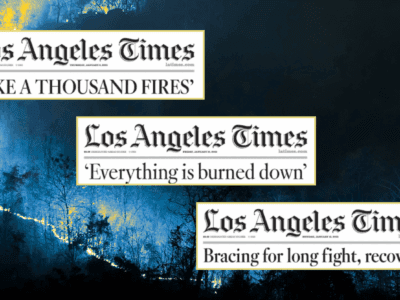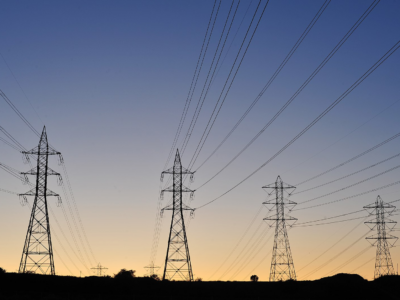The Credibility of Climate Science
Climate denialists contend that climate science is either the result of a conspiracy of some kind or of groupthink plus institutional incentives to support alarmist predictions. The conspiracy theory makes even less sense than most conspiracy theories, because there would have to be hundreds, perhaps thousands of people involved, scattered across the world at numerous institutions. The other theory is less ridiculous, but it doesn’t hold up. New research can go either way rather than being uniformly alarmist.
An example involves recent research on glacial water supplies. As ClimateWire explains:
From the Andes to the Himalayas, scientists are starting to question exactly how much glaciers contribute to river water used downstream for drinking and irrigation. The answers could turn the conventional wisdom about glacier melt on its head.
Stream chemistry analyses have found that far less surface water comes from glacier melt than previously assumed. In Peru’s Rio Santa, which drains the Cordilleras Blanca mountain range, glacier contribution appears to be between 10 and 20 percent. In the eastern Himalayas, it is less than 5 percent.
It remains to be seen whether this new research itself holds up to the give-and-take of scientific debate. But the point is that the debates within climate science are very active, and scientists are constantly pushing the envelope in terms of data and modeling.
So the forces of groupthink and the pressures of institutional funding do not, in fact, seem to be overwhelming. That’s what you’d expect: scientists make their careers by finding new things, not by parroting existing views.
By the way, when I say climate science is credible, that doesn’t mean there’s an absolute certainty that the thrust of climate science is correct. Maybe more like 95% certainty. For comparison purposes, scholars of evidence law customarily translate “proof beyond a reasonable doubt” into 90% certainty.
Is 95% probability enough? A comparison may be helpful. At a recent public gathering, a major presidential candidate was enthusiastically applauded because of the large number of executions in his state. The juries in those cases were asked to find guilt beyond a reasonable doubt, in other words, the 90% standard. In short, the evidence supporting those executions was weaker than the evidence for climate change.
Reader Comments
4 Replies to “The Credibility of Climate Science”
Comments are closed.







“Climate denialists contend that climate science is either the result of a conspiracy of some kind or of groupthink plus institutional incentives to support alarmist predictions.”
Thanks for the great example of a false dichotomy! I’ll being using that one as an example of how learned “experts” disguise propaganda as logical argumentation.
Of course, climate denialists contend many other things including the idea that climate change is the function of more complex interactions between the earth and the sun. But, why let diverse theories get in the way of good agitprop?
“Climate denialists contend that climate science is either the result of a conspiracy of some kind or of groupthink plus institutional incentives to support alarmist predictions.”
Thanks for the great example of a false dichotomy! I’ll being using that one as an example of how learned “experts” disguise propaganda as logical argumentation.
Of course, climate denialists contend many other things including the idea that climate change is the function of more complex interactions between the earth and the sun. But, why let diverse theories get in the way of good agitprop?
@EmanGoldstein, I would say that climate denialists contend that “climate change is the function of more complex interactions” is an hypothesis that doesn’t get adequately researched because of “groupthink plus institutional incentives.” What’s the reason these “complex interactions” aren’t held up as an explanation for climate change, otherwise?
@EmanGoldstein, I would say that climate denialists contend that “climate change is the function of more complex interactions” is an hypothesis that doesn’t get adequately researched because of “groupthink plus institutional incentives.” What’s the reason these “complex interactions” aren’t held up as an explanation for climate change, otherwise?